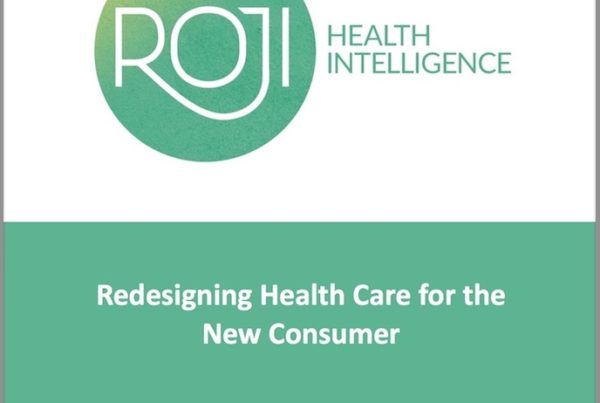
October 11, 2017
If Federal Policy Can’t Improve Health Care, What’s Next? 5 Trends to Track
Health care has been extraordinarily resistant to change. Escalating costs have been at issue since the early 1980s—think about it!—but continue to rise unabated. Ask anyone participating in the system, be they physicians or other health care providers, payers or patients, and you will be inundated with complaints about health care economics, outcomes or processes. If you ask most health care executives about the future, chances are you’ll be met with a shrug. The fact is, however, that an undercurrent of change is already beginning to transform health care. It is gaining momentum, but the health care system and providers…
Read More














